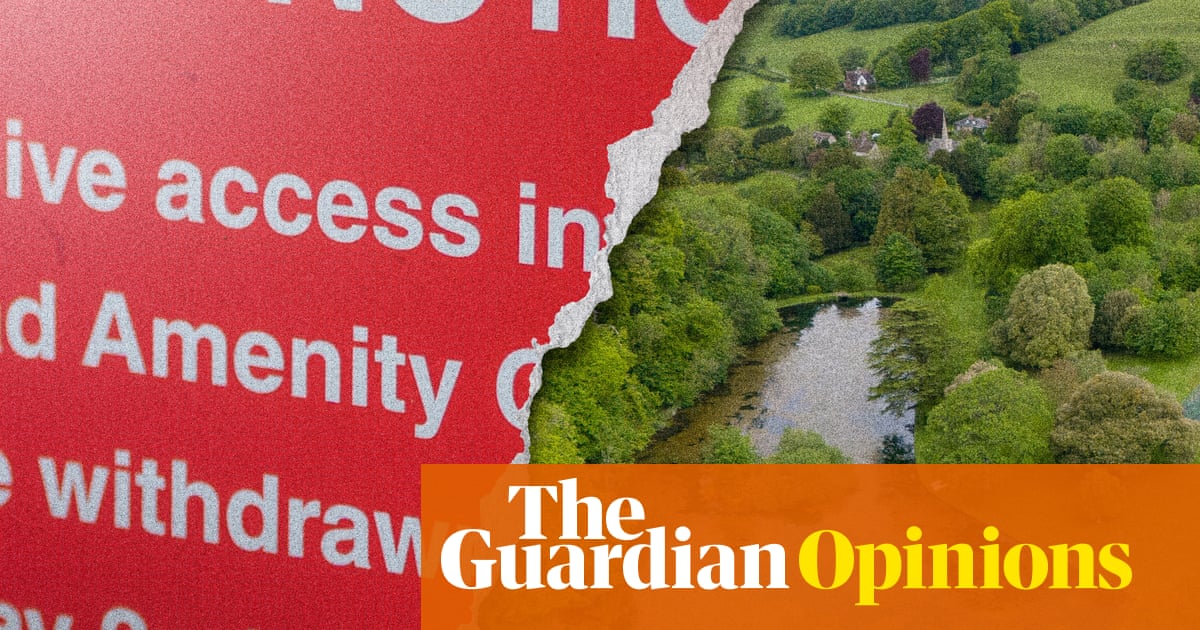The July 4th celebrations, explained to youth


With July 4th upon us, I’m wondering how we explain the celebration to our children. Tell ‘em what our ancestors fought for — a rejection of monarchy? A representative democracy with three equal branches of government? Do we talk about traditions, laws, and values, but stop short of admitting these have been coming apart at the seams? That our textbooks are out of date, and so is our holiday?
Not that the past was perfect. But our federal system of government seemed designed to progress toward better and better days. Admittedly slow; admittedly uneven, but certainly worthy of celebrating. Right now, all bets are off. What do we tell the kids? What do we tell ourselves?
When is it time to puncture the bubble, the false security of childhood, protected from the instability of life, the social structures that appear dependable, but in truth are mere facades? Do we hold off; simply allowing reality to seep in, then try our best to clean up confusions as they develop?
How do we explain the Iranian/Palestinian/Israeli conflicts, racism, antisemitism, bad players, gullibility brought on by the vulnerable parts of human nature hidden within us, all of us, that can be activated by charisma manipulating circumstance? By confusion? By ignorance? By blind allegiance? By desperation?
Kids of my 1950/60s ilk grew up immersed in the trickledown “reality” presented by broadcast news and mainstream print publications. The job of producers and editors was to determine which current events were worthy of the public’s attention.
There was very little analysis. Immediacy was a key factor. Racism did not qualify as news because it was business as usual. Intransigent poverty wasn’t an issue. In 1968, Bobby Kennedy, then a U.S. senator from New York, ventured deep into the heart of Appalachia and “discovered” a poverty belt. His revelation was newsworthy.
As a child, I knew about criminals. These were individuals who for some reason had chosen crime as a profession, were crude, mean, dangerous. They lived elsewhere, and with the help of our parents, teachers, police and the general society, we kids, remained safe. Bad guys, they were all male, got caught. Justice prevailed.
There were certain lifestyles and places and assumptions forming the agreed upon “normal.” People, groups of them, had their assigned neighborhoods, functions, destinations, restrictions. Restrictions? None of this was presented to a New York City child as limiting.
Prejudice was not an issue, it was a way for ethnicity to distinguish itself. People stuck to their own side of the street because they were comfortable doing so. That’s what we were led to believe. If race was discussed at all, it was my father telling me not to use the N word. Our family didn’t do that. In our bubble, that slur was only uttered by crude uncles.
We inhabited a white middle class oasis that offered a comfortable time and place to experience childhood, an opportunity to develop, experiment, learn about one’s self and interactions with others who were like minded, who worked from similar assumptions, in essence, reinforcing one another’s biases, heading toward what we assumed to be a set of universal goals.
Slowly it began to dawn on us that history had many presenters and many presentations. Begrudgingly, footnotes, addendums, hints, admissions, confessions, were offered.
James Baldwin’s 1963 book, “The Fire Next Time,” gave passionate voice to the emerging civil rights movement. Laura Z. Hobson’s “Gentleman’s Agreement” opened up antisemitism as a topic that needed to be discussed, Michael Harrington’s “The Other America” became a stepping stone, a primer about large pockets of our own country where people were undernourished, poorly educated, exploited, and mostly invisible. Information punctured bubbles. That’s in part, what the 1960s and early ’70s were about.
Independence Day. In a way, the president’s recent military procession feels like a prelude to the 4th of July. Not much to talk about.
Kraus, author of several books, including the memoir “You’ll Never Work Again In Teaneck, N.J.,” was awarded a Bronze Star for his service in Vietnam.




